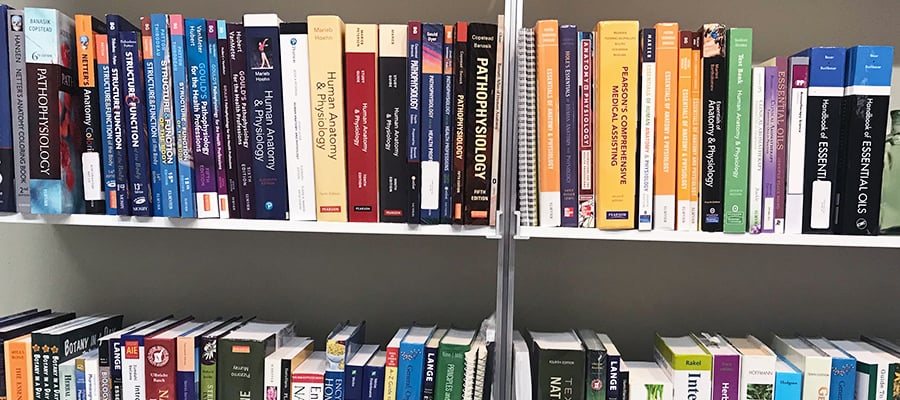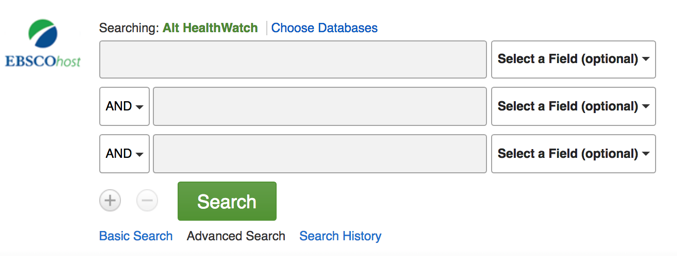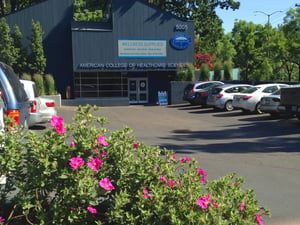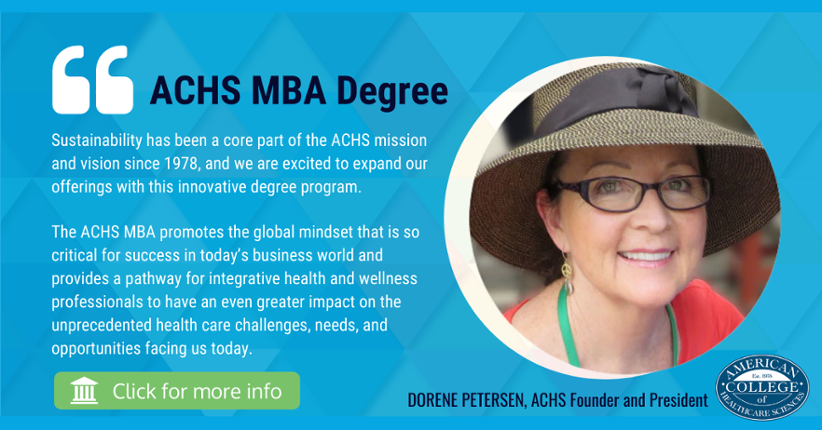
Searching for research articles used to be a struggle for me. In graduate school, I recall spending several hours and days exploring the library databases with frustratingly little to no luck. I desperately wanted the library databases to give me all the answers with just a straightforward search, but that was never the case.
It took time, practice, and knowledge of various research tips and tricks to be the confident researcher of databases that I am today. That is why I am sharing the top research tips that have made me a more confident researcher so that you can be a better researcher!
(1). Identify Key Words and Phrases
Before exploring the library databases, take a step back and think about your research topic. What are you hoping to get out of searching the databases? A database does not work like the Google Search Engine. Plugging in a question will not give you a straightforward answer. You will have to speak the language of the database.
That is why I have provided you with my first research tip; identify keywords or phrases from your research topic then use these words/phrases to search within the library database. These words can be synonyms or ideas related to your topic[1]. For example, if I was planning to do a research paper on "lavender essential oil," other terms, I may use to search a database include Lavandula Angustifolia, or Lavender Essential Oil and Anxiety, or Lavender.
(2). Use the Advanced Search Box
The next research tip I want to share with you is the advanced search box. Some may already be familiar with this feature; however, if you are not, this can genuinely be life-saver when you want to be specific with your search.
The advanced search box is a feature found in most online library databases. This space includes multiple search boxes where you can input your search terms and specify how you want the keyword to search within the database. You can use the drop-down box beside each search box to determine your search results[2]. Some examples of how you can specify your results include:
- The All Text field (searches for your keyword with all the text)
- The Title field (searches for your keyword within the title of the resources)
Here is also an example of an advanced search space in the Alt HealthWatch Database.

(3). Search the Reference List
Have you ever heard your professor say that Wikipedia is not a credible source for research? Well, they are semi-correct. By all means, the information within Wikipedia is not a source you should use for your research assignment. However, the references at the end of the page might be what you need to start your research. These references are most likely credible and can be a starting point for research if you ever get stuck.This point introduces me to my third research tip, search the reference list. If you have an article or source that is perfect for your research assignment, but it's one of the only sources you have been able to find, search the reference list for additional sources. Remember, what makes it the almost perfect source is the support of the outside sources that build the article.
(4). Don’t give up
One of the hardest parts of the research is the research process. Research takes time, patience, and creativity. That is why, for my next research tip, I recommend NOT giving up. Like a writer who can hit a writer’s block, a researcher can also hit a researcher’s block. You will come across roadblocks in your research, and you will get stuck. When this happens, take a break. Sometimes when you think you've exhausted all of your search techniques and you are not receiving adequate results, this might be a sign that your brain is tired. If you can, I recommend taking a 24-hour break so that you can recharge.
(5). Ask a Librarian
Last but not least, my final research tip; ask a librarian. Do I need to explain more? Use them as a resource. If you are close to a public library, ask a librarian there for assistance. Or, utilize your academic librarian if you part of a college or university. They are trained professionals, and they will be happy to help you.
Thank you for reading! If you have any questions about my top research tips, feel free to email me at librarian@achs.edu.
References:
[1] Case Western Reserve University (2018, September 4). Online databases: advanced search techniques and strategies for graduate students in music and music education: the advanced search strategy. Retrieved from https://researchguides.case.edu/c.php?g=17746&p=99776
[2] Case Western Reserve University (2018, September 4). Online databases: advanced search techniques and strategies for graduate students in music and music education: the advanced search strategy. Retrieved from https://researchguides.case.edu/c.php?g=17746&p=99776
About American College of Healthcare Sciences
 Founded in 1978, ACHS.edu is a Portland, Ore.-based, accredited college offering online, on-campus, and study abroad integrative health education. With undergraduate and graduate degrees, diplomas, certificates, and continuing education units in integrative health, ACHS makes holistic health and wellness education accessible to a diverse community, including healthcare professionals, military students, stay-at-home parents, and lifelong learners. Specializations include aromatherapy, herbal medicine, holistic nutrition, and integrative health. ACHS is a Certified B Corporation® and was named two of 100 Best Green Workplaces in Oregon 2017 by Oregon Business magazine. ACHS is also accredited by the Distance Education Accrediting Commission (DEAC), which is recognized by the U.S. Department of Education and by the Council for Higher Education Accreditation (CHEA). In response to our commitment to service members, veterans and military spouses, ACHS has been designated as one of the top 16% of military-friendly institutions in the U.S. for nine years in a row. For more information visit achs.edu.
Founded in 1978, ACHS.edu is a Portland, Ore.-based, accredited college offering online, on-campus, and study abroad integrative health education. With undergraduate and graduate degrees, diplomas, certificates, and continuing education units in integrative health, ACHS makes holistic health and wellness education accessible to a diverse community, including healthcare professionals, military students, stay-at-home parents, and lifelong learners. Specializations include aromatherapy, herbal medicine, holistic nutrition, and integrative health. ACHS is a Certified B Corporation® and was named two of 100 Best Green Workplaces in Oregon 2017 by Oregon Business magazine. ACHS is also accredited by the Distance Education Accrediting Commission (DEAC), which is recognized by the U.S. Department of Education and by the Council for Higher Education Accreditation (CHEA). In response to our commitment to service members, veterans and military spouses, ACHS has been designated as one of the top 16% of military-friendly institutions in the U.S. for nine years in a row. For more information visit achs.edu.





